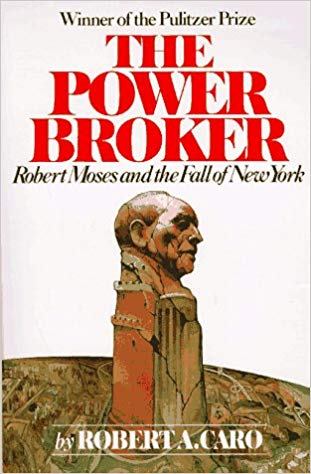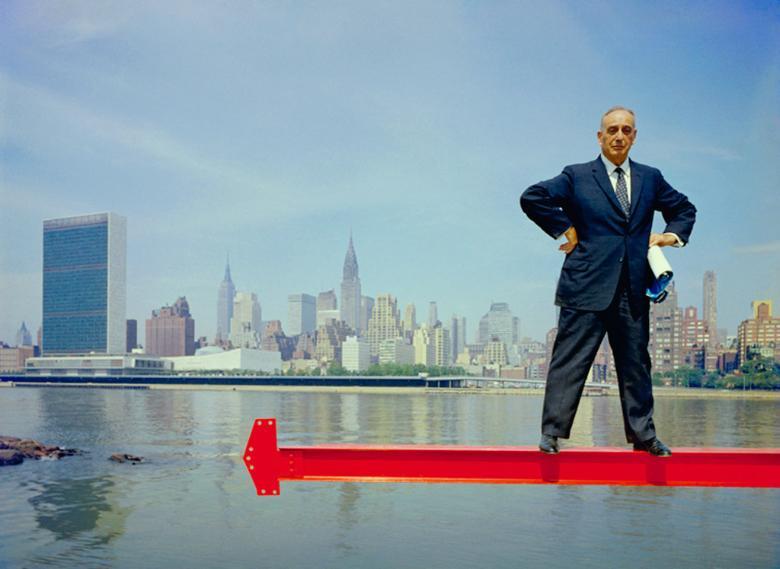Chapter 47 – The Great Fair
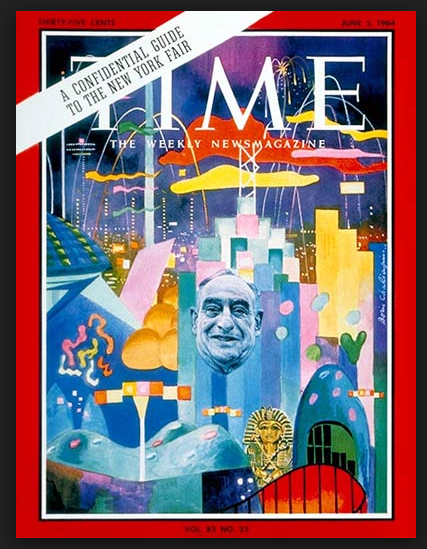
The New York World’s Fair was to be held in 1964. Its site was to be Flushing Meadows, an expanse of marshland half again as large as Central Park, previously used as a waste dump. Moses’s dream was to make this new park the highlight of his career. Moses had wanted to rescue this wasteland since the 1930s, but now the World’s Fair made this a real possibility.
The budget for the project was set at $1 billion. Many read the distribution of these funds purely in terms of how much power it could buy for Moses. Insurance and security expenses were vast, awarded to close allies of Moses. Moses’s previous habit of wining and dining influential people at the project’s expense continued. Contracts were awarded using the criteria of political influence. The rewards for this beneficence soon arrived. Moses was able to raise $60M from the city for the fair.
The fair should have benefitted Moses’s reputation; however, it was eventually to destroy it. He had no experience of this type of project and was not particularly interested in the fair itself. He was more interested in the park, seeing the fair as a temporary inconvenience. He gave each exhibitor complete control over the architecture of their displays. He gave the Port Authority the job of selling the sites. There was no overall vision and this was expressed in the chaotic design of the fair.
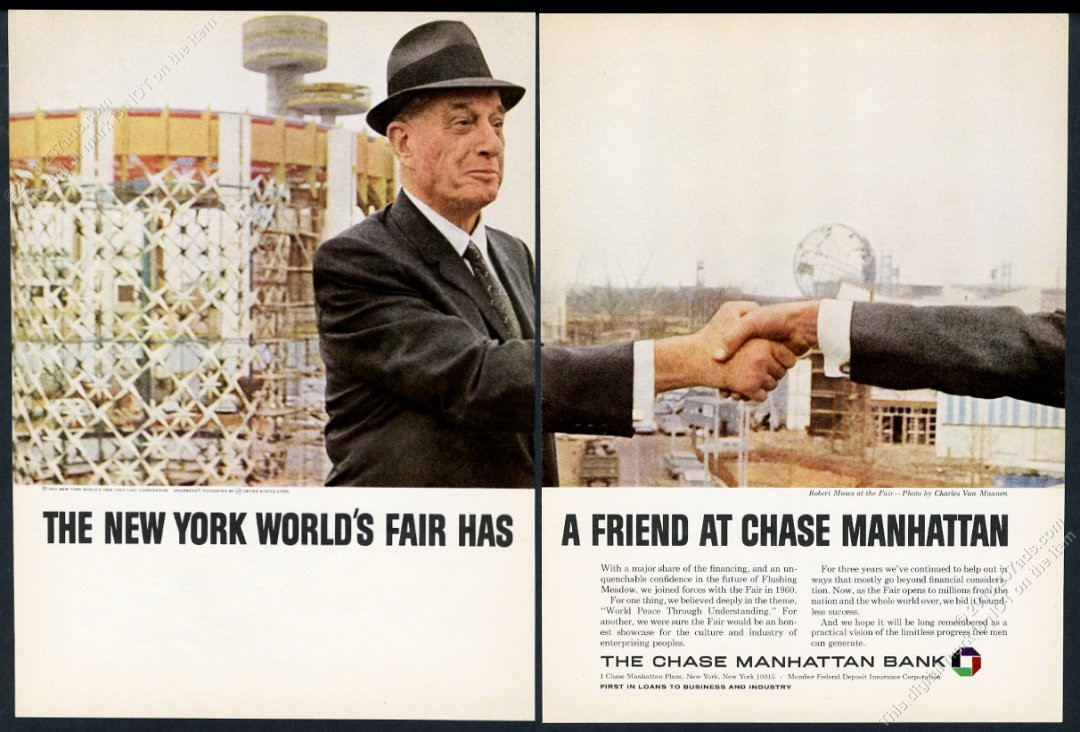
After a disastrous trip to Europe, where Moses bullied and disparaged the Bureau of International Exhibits, he was refused official sanction for the fair. Most European countries refused to take part. Public relations for the fair was built around Moses, making the news about the fair concentrate more on Moses’s chickened career than trying to attract visitors. If Moses had ignored the press coverage, the fair’s popularity would have obscured his own bad press, but Moses could not resist fighting back. In 1962 Moses began to critically lecture the press on the dangers of personal attacks, calling them “jackals” and “vultures”.
Moses had been lying for years with impunity. However now the press had their backs up. Moses’s press office began to release details of countries who would be contributing the fair, but on investigation these statements were seen to be untrue. Journalists questioned the economic prospects of the fair. When he lunched with a new set of editors at the New York Times, he stalked out in a rage. There was little or no black presence at the fair. There was no Jewish representation in the religious section. Incidents like these, not the positives of the fair, became the headlines of the day.
The initial attendances at the fair was way below the projected figures. It was not even paying its expenses. After the first season the money had been spent and there was no more coming in. In late August 1964, Moses became fully aware of the fair’s financial problems. He ordered a drastically reduced budget but the economies were too late. He announced to the press that the fair had been a financial success but the press was sceptical and began to investigate.
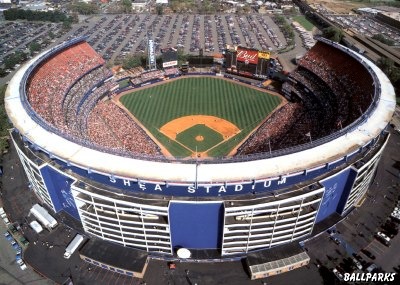
The day of reckoning came in December. Moses appointed a Rockefeller man as financial director of the fair. The director, at the release of his financial report, announced that the fair was insolvent. There was a mass resignation of the fair’s financial board. Moses flew the world trying to drum up new exhibits. New discos featuring scantily clad women appeared, but the main story was the fair’s parlous financial situation. The headline was “Fair’s choice; Moses or money.” When the fair’s books were audited, the charges changed from incompetence to greed and scandal. No part of Moses’s image was left untarnished. There were moves to get Moses to resign. He refused. Then there were moves to force him out, but too many people on the fair’s executive committee who were making money from Moses. In the second season he was still in charge, so the bad press continued. When the fair ended in 1965, Moses’s name had become symbolic with the public of all they despised, but he still retained power.
Analysis & Key Takeaways
- He screwed up the World’s Fair.
